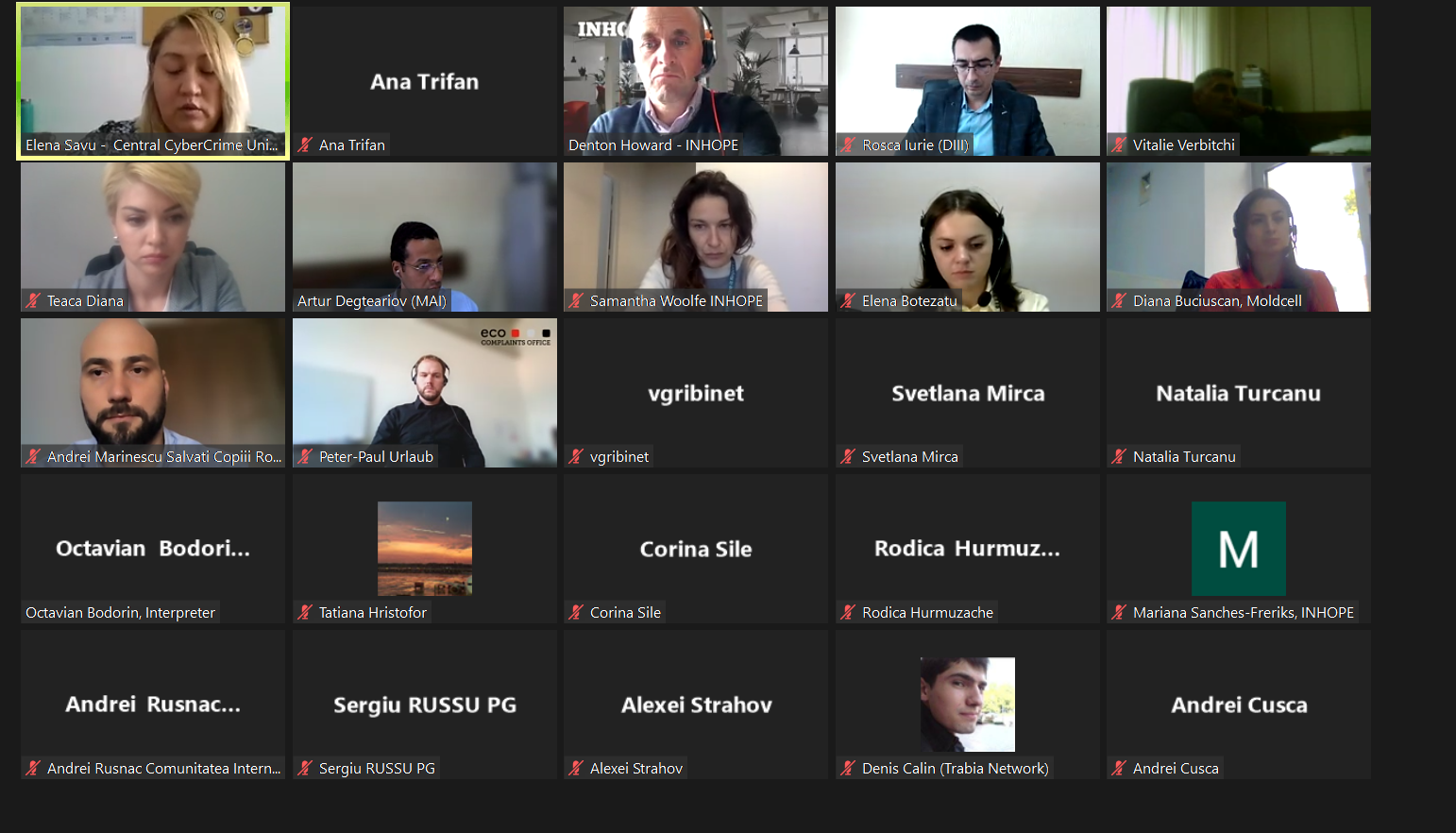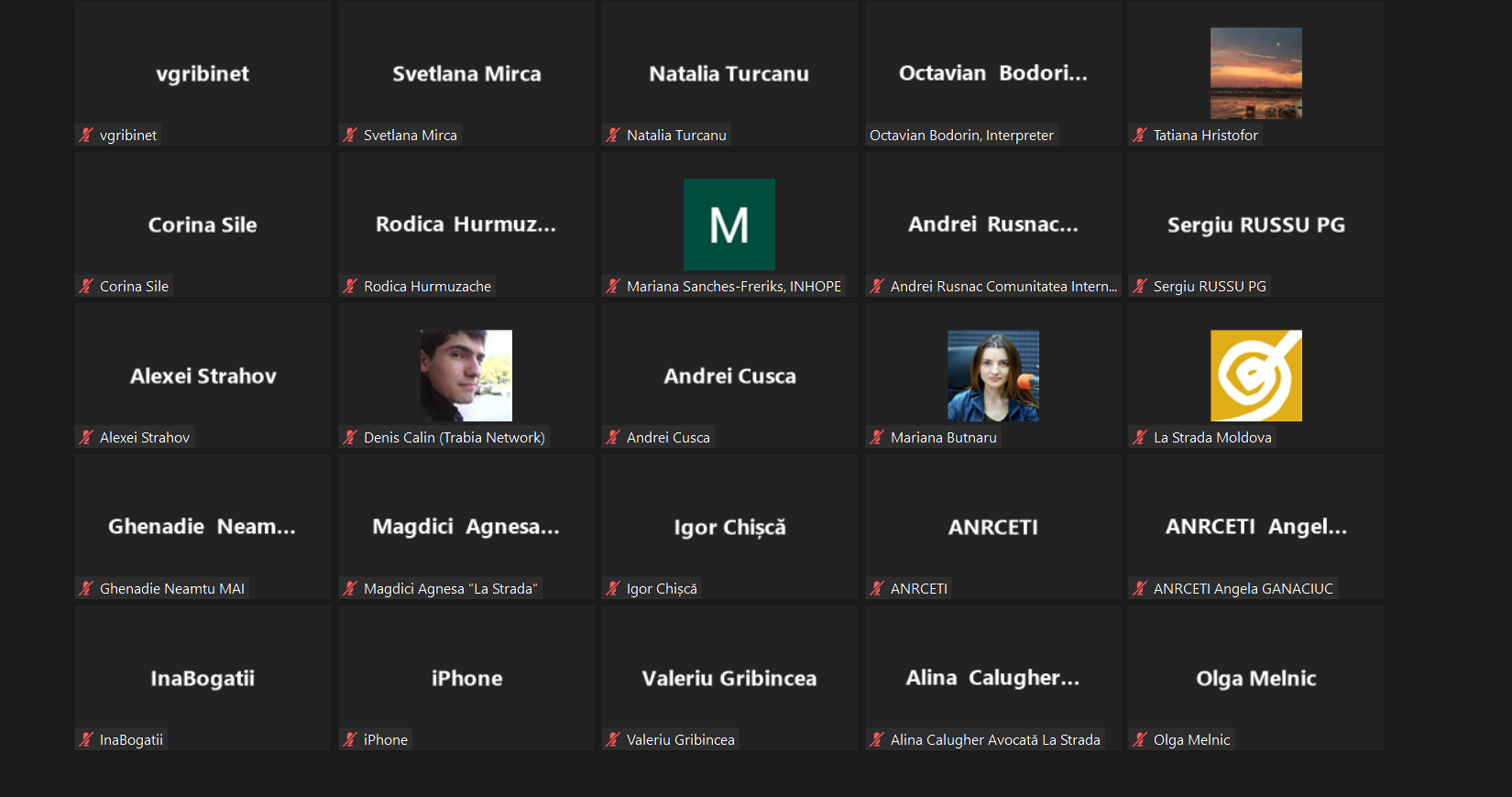On September 21, the International Center La Strada organized an international round table on Fighting child sexual abuse material – sharing good practices. The event was attended by nearly 40 experts, representatives of public authorities, the ICT industry, international organizations and NGOs in the country and abroad, development partners (USAID, UNICEF, CoE, US Embassy, etc.). Discussions focused on creating a national mechanism for reporting illegal content spread online.
What is a hotline reporting mechanism and who needs it?
Denton Howard, Executive Director of the INHOPE Network, says a hotline tool is being created to identify illegal content and remove it from the Internet as soon as possible after such reporting has been made by anyone who has been able to identify such content. Therefore, it is crucial to have access to a hotline service in each locality, because the materials that represent child sexual abuse (CSAM) are part of the category of serious crimes, which must be fought promptly at the national level.
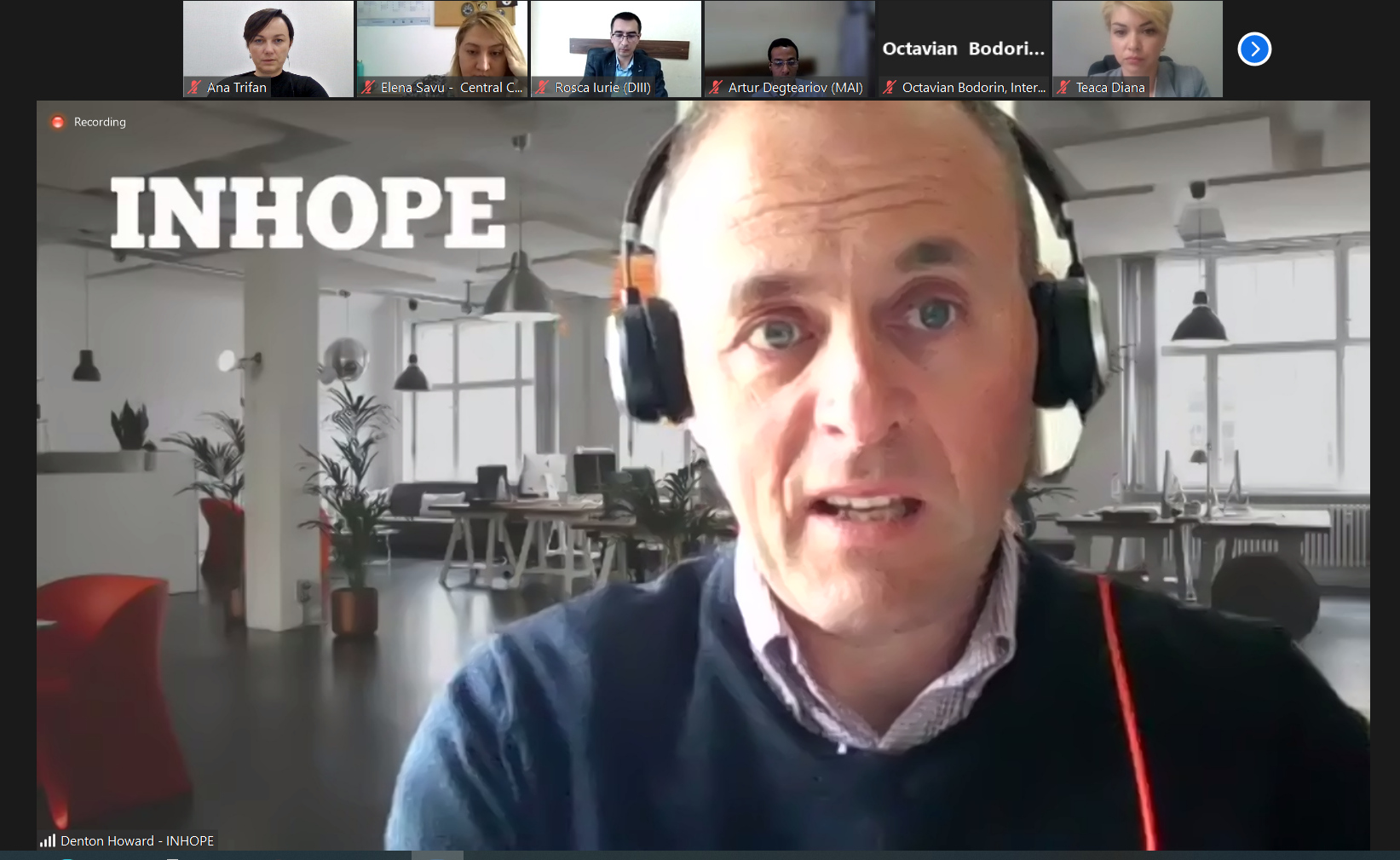
Samantha Woolfe, who heads INHOPE's Partnerships and Development Department, was very glad that a discussion platform was organized in Moldova that brought together civil society, the police, the ICT sector, and government officials. A round table is one of the first steps a country takes before launching a hotline service. Reporting itself is the fourth emergency service. And reporting child sexual abuse material is where we are reporting a disasters online. That's why it's so important to remove these materials from the Internet, Woolfe said.
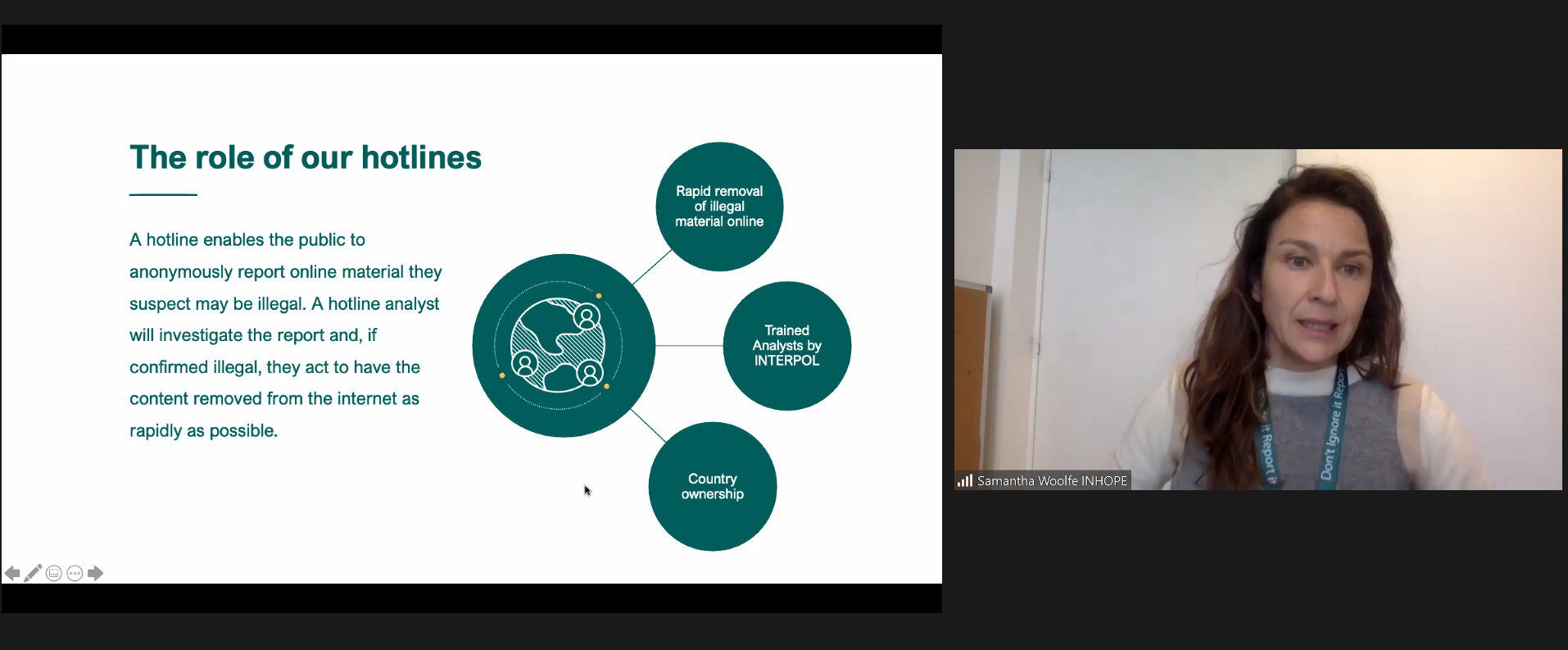
Isn't that the responsibility of the police?
No, says the expert Samantha Woolfe. The CSAM analysis, at a first stage, is work for analysts specialized in the field. Image analysis does not mean identifying the victim, much less investigating the crime. The analyst looks at the images and determines whether or not it is a CSAM. It is not recommended that this be done by the police. On the contrary, a hotline service allows the public to anonymously report material they suspect to be illegal. The hotline analyst will analyze this content and, if it is confirmed that it is illegal, will take the necessary measures to remove this content from the public space as a matter of urgency, contacting the relevant companies in the ICT sector. At the same time, the materials considered to be potential evidence of the crimes will be handed over to the competent law enforcement bodies. This saves the police time, stops the repeated victimization of children. That way, we avoid causing even more harm to the children in the pictures, says Dr. Victoria Baines, an international cybersecurity and online safety expert who has spent much of her career analyzing the issue of child sexual abuse. A hotline service is meant to prevent distribution, to make those materials inaccessible to people who want to continue abusing children.
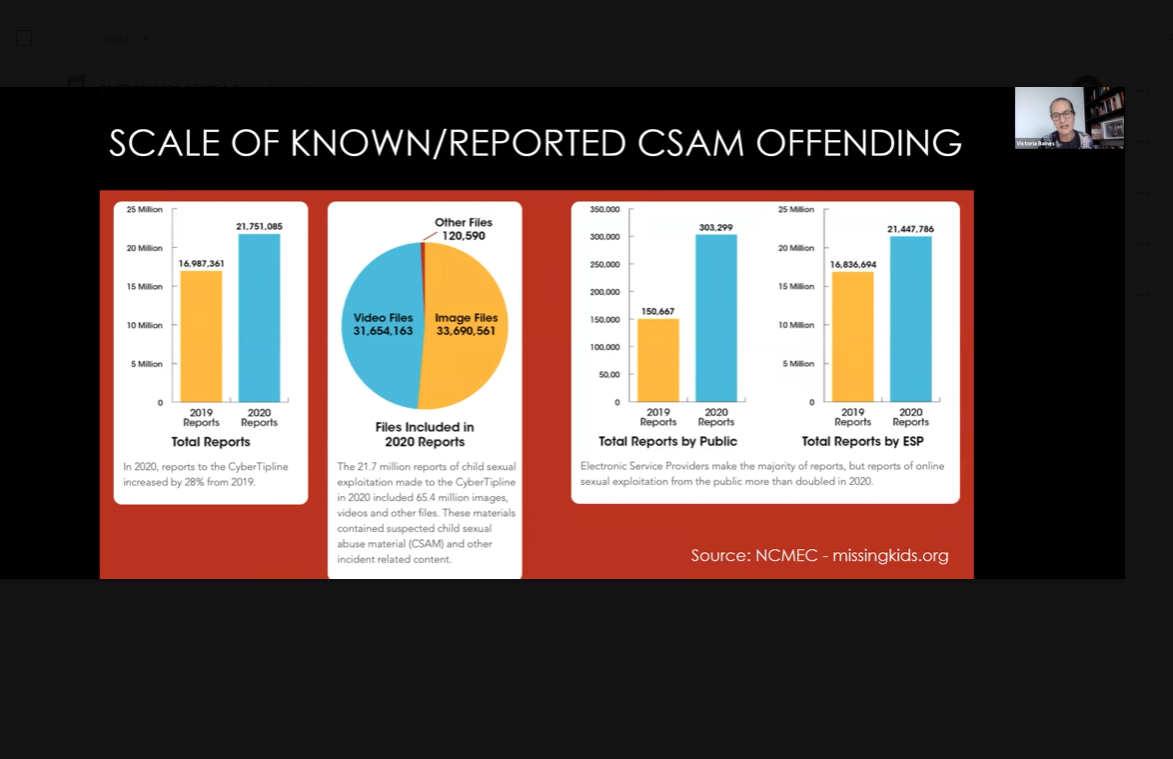
Lilian Carabeț, Deputy Chief of the General Police Inspectorate, reiterated the opening for development of a hotline service in the Republic of Moldova: The large number of children in the online environment allows abusers to contact and abuse several children at once. At the same time, more and more child sexual abuse material can be found online, which encourages the illegal actions of abusers. There is currently a lack of leverage and tools to assist the police in identifying and investigating cases of child sexual abuse and exploitation. And the creation of an illegal internet content reporting service has been one of the priorities of policy documents in recent years. Unfortunately, due to lack of financial and human resources, but also experience in the field, the reporting service was not created.
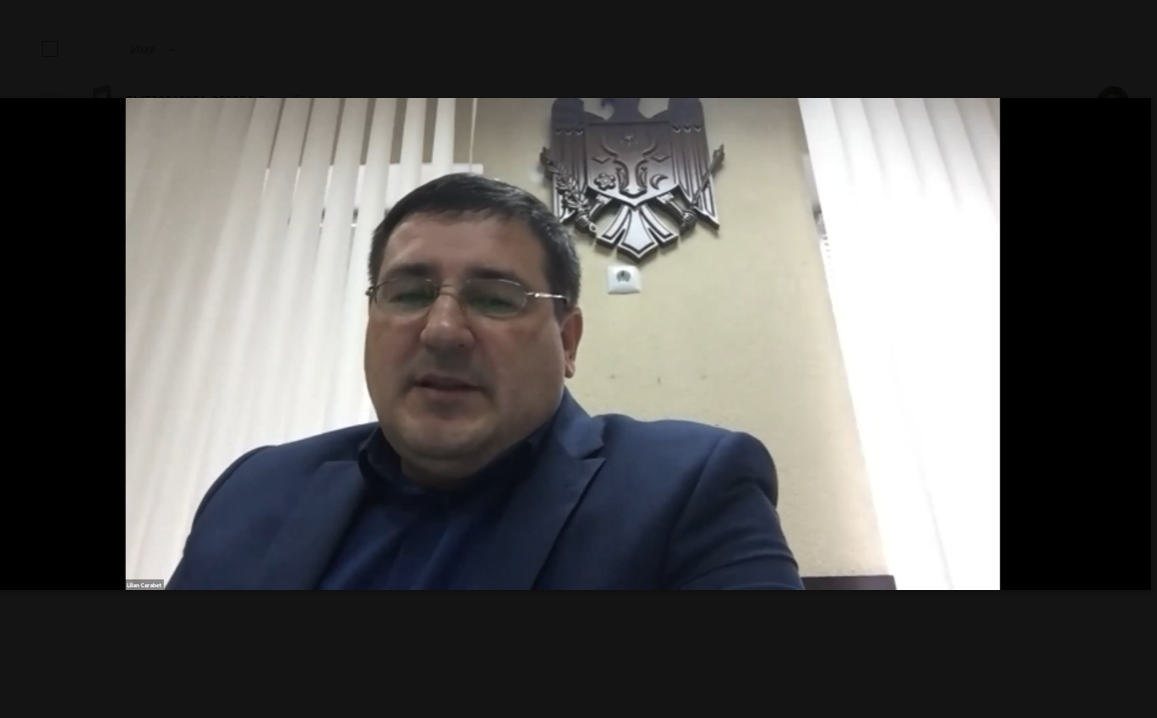
In his turn, Iurie Roșca, Head of the Cyber Crime Investigation Directorate of the National Investigation Inspectorate of the General Police Inspectorate, mentioned that the IT systems do not perfectly identify the CSAM files, and the police do not currently have sufficient human resources for the qualitative processing of each report received from the structures such as Interpol, ICMEC or other international relevant organizations. Therefore, the contribution of each person who detects such material in the online environment would help us a lot to identify the sexual abuse materials in which children are involved.
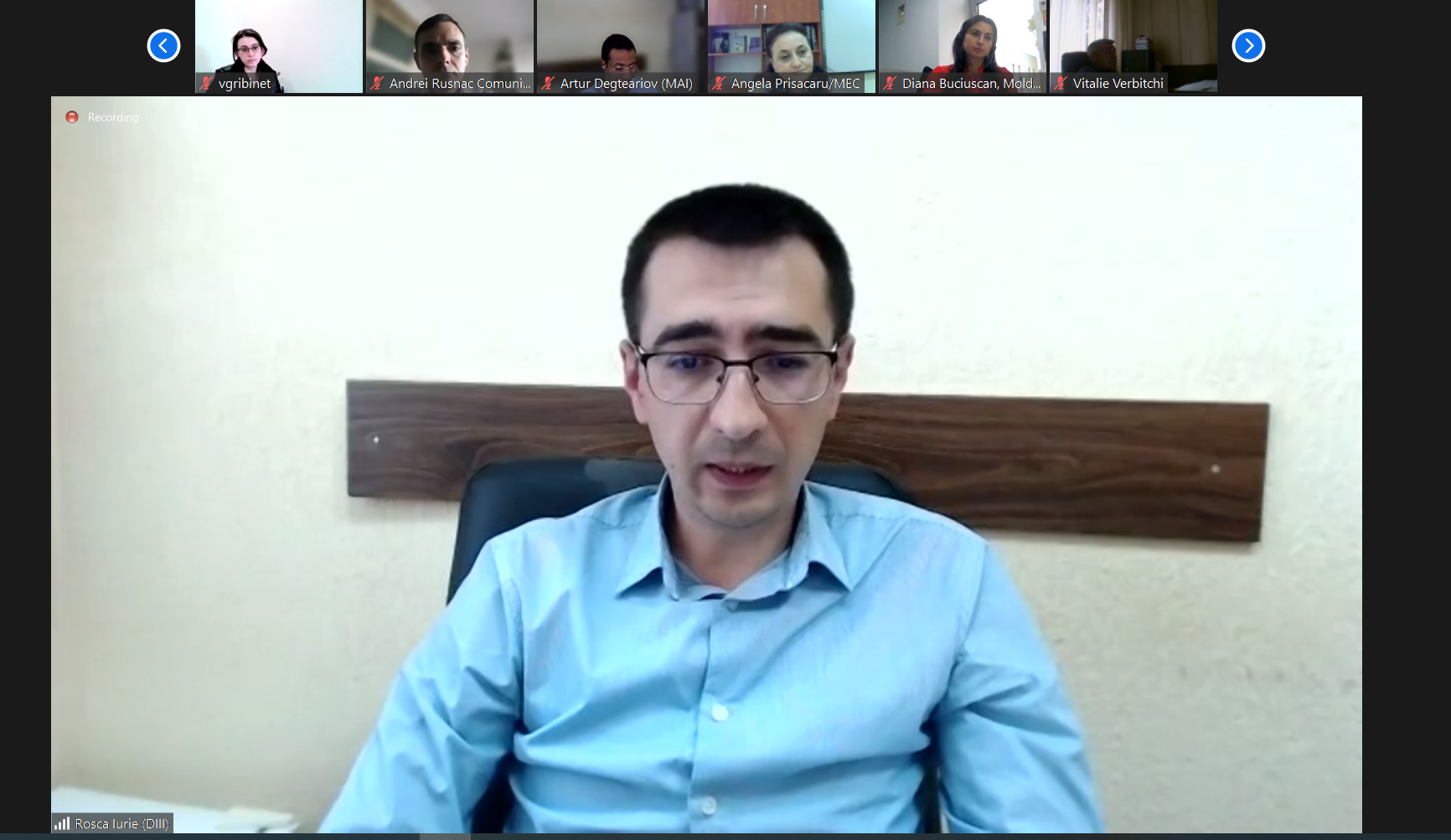
What's next?
The fact that, on September 21, we had the opportunity to learn about the best international practices for fighting child sexual abuse materials is due to the support and involvement of INHOPE, the global network for combating materials that represent sexual abuse of children. The network consists of 47 hotline services in 43 countries (as of December 2020), which provide the public with a way to anonymously report material they suspect to be illegal, especially alleged CSAM.
Productive discussions between international experts and the community of local specialists have brought more clarity about the next actions we need to take in the event of a collaboration agreement with the INHOPE network, which would aim to create a hotline service in the Republic of Moldova.
